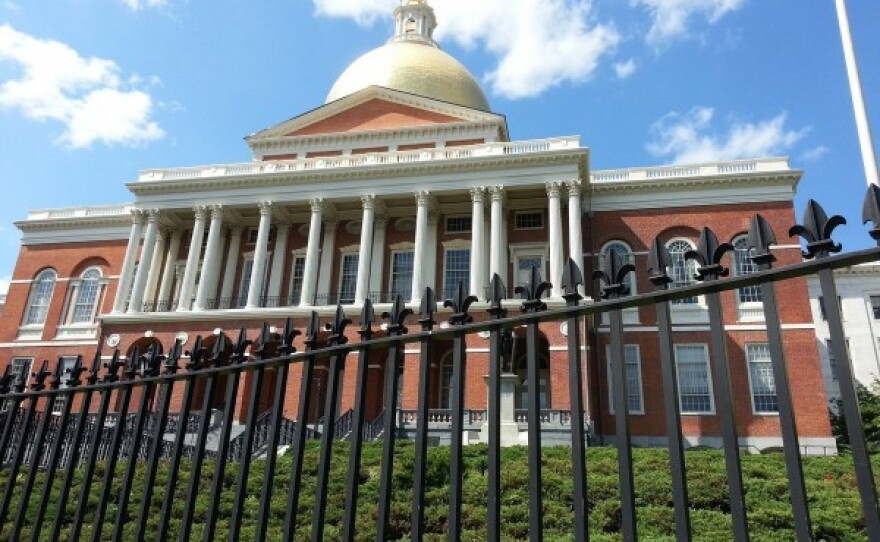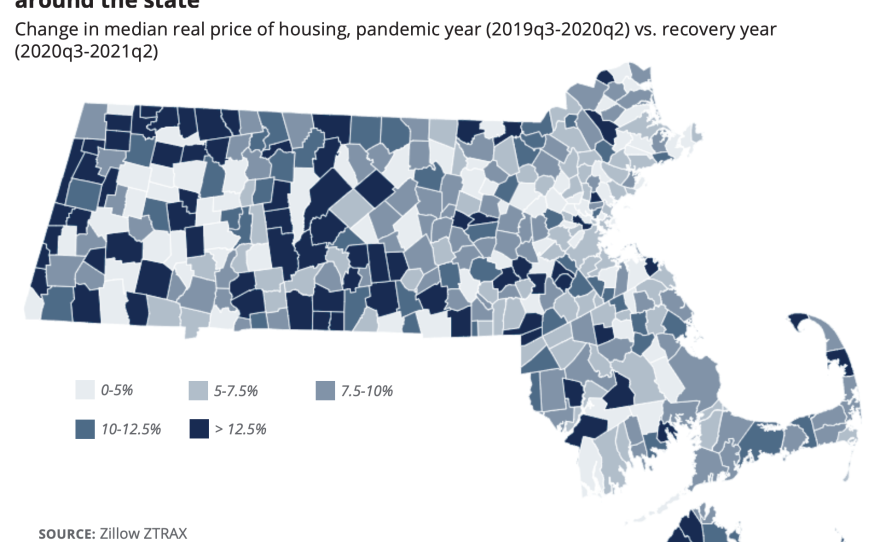From tax credits for anyone caring for a child or elderly resident at home to low-income subsidies for broadband service, a Massachusetts Senate committee on Tuesday produced a policy options menu for the Legislature that Democrats hope will guide Beacon Hill's response to the COVID-19 pandemic.
Sen. Adam Hinds and Senate President Karen Spilka took a break from their tour of intergenerational care facilities to release new report (PDF) produced by the Senate's Committee on Reimagining Massachusetts: Post Pandemic Resiliency, which was led by Hinds.
The group of seven senators looked at everything from the gap in access to high-speed internet to housing, transportation, child and senior care and the wealth gaps that exist between may white and minority communities.
"We're not going back exactly to the old normal," Spilka said.
The report was released the same day the Legislature held its final hearing on how to spend close to $5 billion in American Rescue Plan Act funds.
Hinds' committee identified ways to spend billions of dollars on both short- and long-term priorities, suggesting some of it could come from the state's budget surplus or from its pot of ARPA money.
Among the committee's recommendations were to spend between $250 million and $400 million to close the digital divide between communities and families that lack access to high-speed internet, and therefore the same remote work options available to wealthier residents.


The report also calls for $250 million to be spent on workforce training, $100 million to reform the state's eviction and rental support system and more than $300 million in ARPA Child Care Stabilization grants for hiring bonuses, loan forgiveness, training incentives and other benefits to build the child care workforce.
Spilka also said now was the time to start investing in her idea to create a more integrated system of intergenerational care, where centers could help connect families to a range of services for all ages. The report calls for $50 million to get started on that effort.










